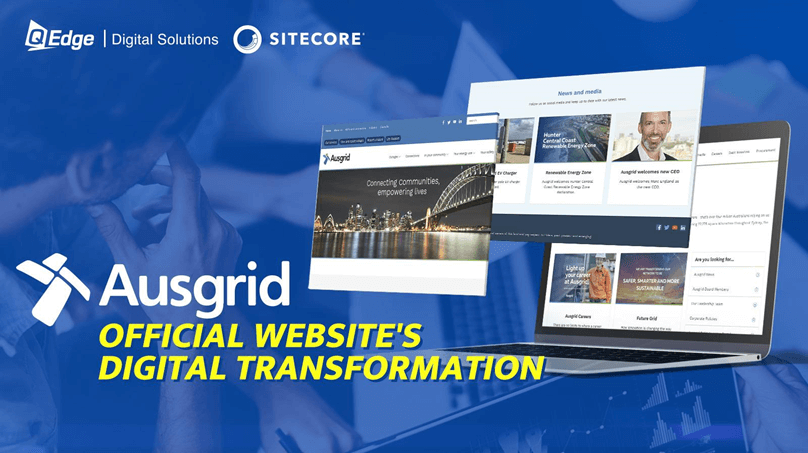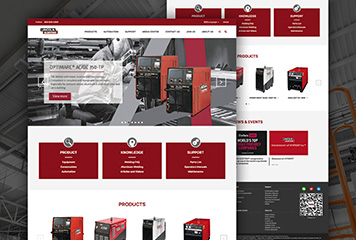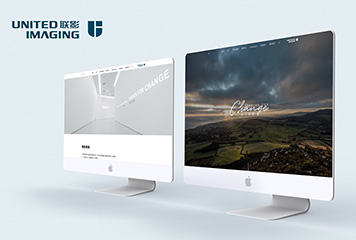With the rise of ecommerce, more and more entrepreneurs are looking to build their own online shopping websites. One of the most successful ecommerce sites in Africa is Jumia, often referred to as the "Amazon of Africa." So if you want to create your own version of Jumia, how much can you expect to spend on developing a similar website?

In this article, we'll break down the key factors that influence cost and provide an estimate range for building a site like Jumia.
The Key Cost Factors
When estimating the cost to build any custom website, there are several key factors to consider:
- The overall scope and features - How complex is the site's functionality? How many pages and products? What types of special features like recommendations, image zooming, etc. are needed?
- The technical platform - Will you build on an open-source e-commerce platform like Magento or WooCommerce or have a custom platform developed?
- The design complexity - How customized and interactive do the site graphics and layout need to be?
- Integrations - What types of integrations are needed for payments, shipping, accounting, CRM, marketing automation, etc.?
- Hosting requirements - What are the expected traffic volumes and how robust does hosting need to be?
- Location of development team - Developer costs vary significantly by geographic region.
- Use of third-party services - Will you need to budget for monthly costs for CDNs, security services, etc?
For a site of Jumia's scale and complexity, all of these costs add up. Jumia operates in multiple African countries, stocks millions of SKUs across all product categories, and has built a number of proprietary services around payments, delivery, and customer engagement.
| Factor | Low Cost 😃 | Medium Cost 😐 | High Cost 😟 |
|---|---|---|---|
| Scope and Features | Basic brochure site | Ecommerce site with 50-100 products | Complex web app with custom functionality |
| Platform | Open source | Custom on common platform | Custom platform built from scratch |
| Design Complexity | Simple layout and graphics | Modern interactive design | Very customized and animated design |
| Integrations | None or few basic | Common integrations like payments | Complex custom integrations |
| Hosting | Shared hosting | Dedicated virtual server | High traffic robust hosting |
| Location | Offshore developers | Onshore developers | Premium onshore developers |
| 3rd Party Services | None | CDN, security, etc. | Many premium add-ons |
Replicating the full Jumia platform from the ground up would cost well into the millions. But for a smaller-scale Jumia-like site just starting out, costs can be reduced through smart scoping.
This is where an experienced e-commerce development firm like QEdge can help. Our team can provide an upfront assessment of your key requirements and provide cost estimates for an initial launch.
Get in touch with us today to start planning your Jumia competitor!
Service Cases:






Cost Ranges for a Jumia-Like Website
Here are some rough estimates of what it would cost to create a site similar to Jumia based on different scenarios:
Starter ecommerce site
Starter ecommerce site: $20,000 - $60,000 This would be a basic 10-50 page catalog-style website with around 100-500 products. It would use an open source or SaaS platform like Shopify rather than custom development. Costs would mostly involve template customization, content population, setup of payments and shipping integrations, and testing. Ongoing costs would include the ecommerce platform subscription fee and hosting.
For affordable quality, connect with the team at QEdge to get your starter store up and running!
Mid-size catalog site
Mid-size catalog site: $60,000 - $250,000 For a more robust site with 500-2,000 products, more custom store design, customized catalog management features, and options for promotions like coupons and sales, the costs scale up considerably. You would need a technical team to customize the site on top an open-source platform, as well as integrate with fulfillment and accounting systems. Ongoing costs also increase for hosting and technical maintenance.
QEdge has experience building and managing mid-size ecommerce sites cost-effectively. Get a quote from us for your mid-market online store.
Full-scale multi-category marketplace
Full-scale multi-category marketplace: $250,000+ To build something approaching the scale and functionality of Jumia across multiple product categories, locations, and brands, the costs leap into the hundreds of thousands for initial development alone. Exact estimates would require deeper scoping, but a baseline would include:
- Custom ecommerce platform potentially built using Java, .NET, Node.js or similar web framework
- Responsive design and user experience comparable to leading ecommerce sites
- Catalog management system supporting 100K+ products with rich media and attributes
- Sophisticated search, browse and merchandising capabilities
- Support for all core ecommerce functionality like cart, wishlists, checkout, payments etc.
- Integrations with fulfillment systems for inventory and order processing
- Customer service CRM and content management systems
- Costs for deploying and testing across desktop and mobile
- Ongoing hosting costs, technical support, and product management
This type of project would likely require multiple developers, product managers, and a full team effort over many months, incurring at minimum several hundred thousand dollars in upfront costs.
If you're planning a major regional marketplace, partner with QEdge for expert guidance. Our specialists can help assess options for controlling costs for large-scale projects.

Saving on Costs
The good news is there are ways to reduce costs if you don't need the full functionality of Jumia from day one. Here are some tips:
- Carefully scope must-have features upfront. Build for your business needs rather than copying Jumia wholesale.
- Consider outsourcing development to regions with lower labor costs if quality standards can be met.
- Scale up gradually. Start with just one product category or country, learn what works, and expand over time.
- Manage hosting costs by auto-scaling infrastructure and optimizing content delivery.
- Avoid over-engineering your custom platform and only build what you truly need.
- Focus on great UX and marketing execution rather than a huge upfront feature set. You can always add functionality once you validate demand.
The ecommerce space is fiercely competitive, but also full of opportunity. With smart planning and phasing, it is possible to launch an attractive online shopping site at a reasonable cost.
Connect with QEdge today to discuss the most strategic way to get your own Jumia-like business off the ground. Our expertise can help you build momentum without massive capital outlays.

